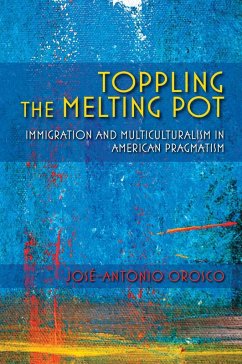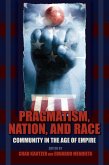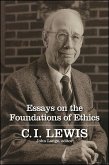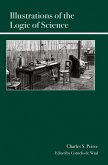The catalyst for much of classical pragmatist political thought was the great waves of migration to the United States in the early twentieth century. José-Antonio Orosco examines the work of several pragmatist social thinkers, including John Dewey, W. E. B. Du Bois, Josiah Royce, and Jane Addams, regarding the challenges large-scale immigration brings to American democracy. Orosco argues that the ideas of the classical pragmatists can help us understand the ways in which immigrants might strengthen the cultural foundations of the United States in order to achieve a more deliberative and participatory democracy. Like earlier pragmatists, Orosco begins with a critique of the melting pot in favor of finding new ways to imagine the civic role of our immigrant population. He concludes that by applying the insights of American pragmatism, we can find guidance through controversial contemporary issues such as undocumented immigration, multicultural education, and racialized conceptions of citizenship.
Dieser Download kann aus rechtlichen Gründen nur mit Rechnungsadresse in A, B, BG, CY, CZ, D, DK, EW, E, FIN, F, GR, HR, H, IRL, I, LT, L, LR, M, NL, PL, P, R, S, SLO, SK ausgeliefert werden.









